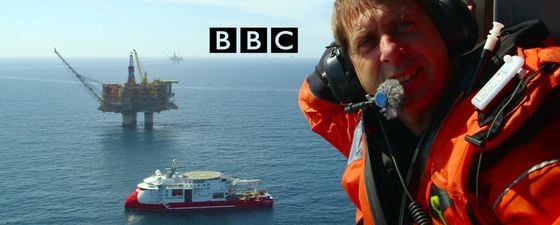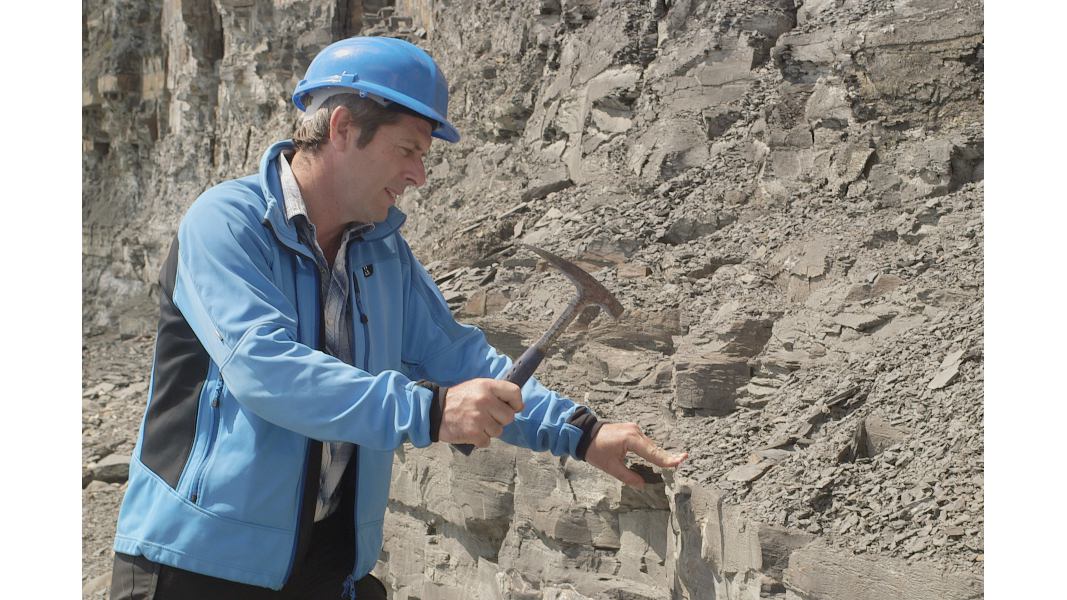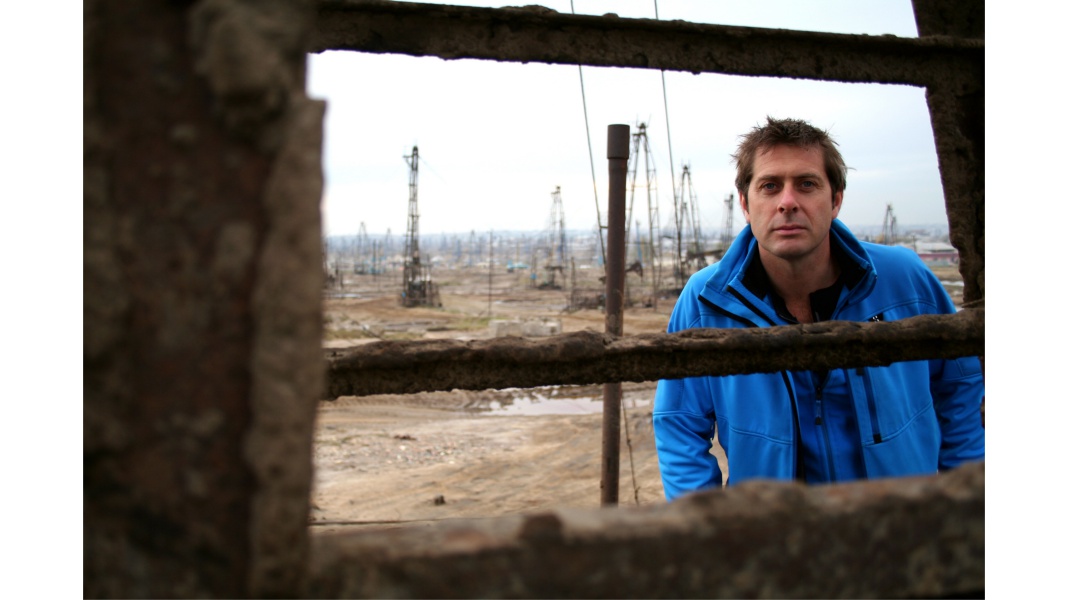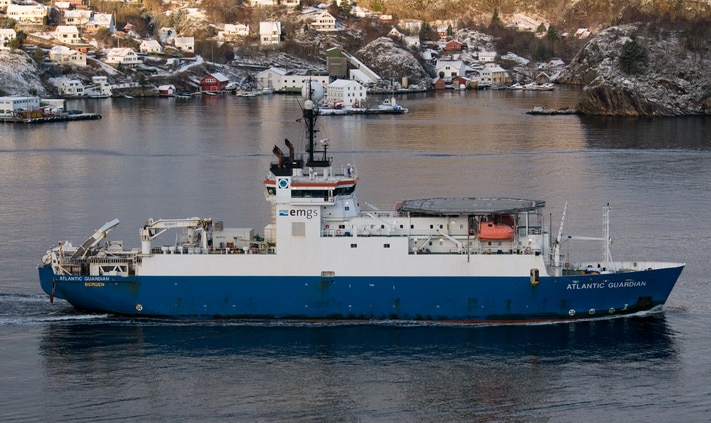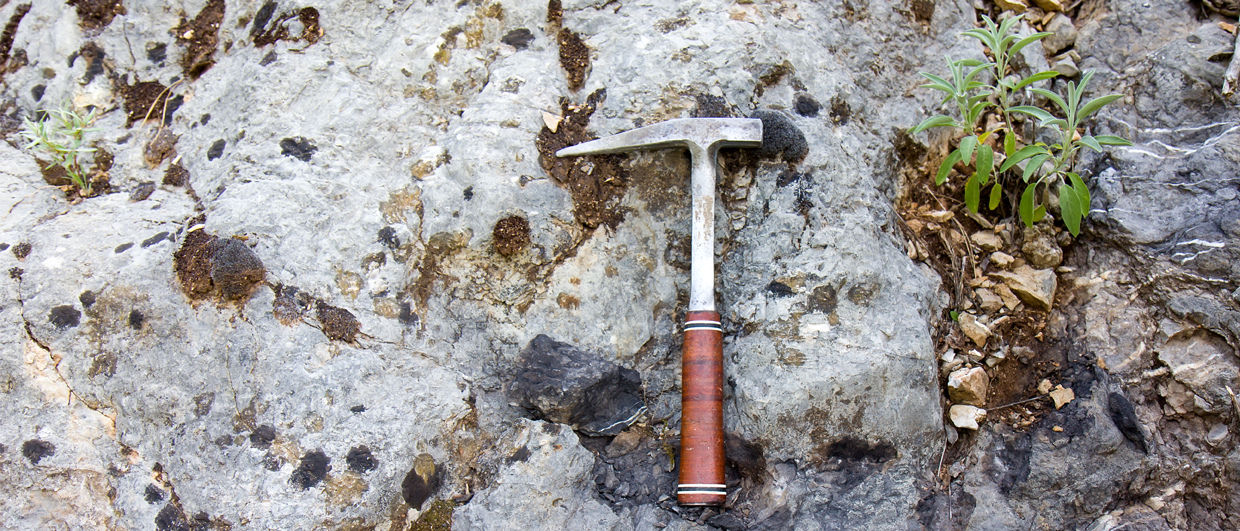The public needs to understand energy, where it comes from and where it goes. That is becoming increasingly obvious – and critical. But how to do it?
Over recent months, the BBC has risen to the challenge (see An Education in Oil by Nikki Jones), and the corporation got it just right with its three-part series ‘Planet Oil’, a particularly clear and up-to-the-minute overview of oil. Condensed, but not rushed, into one hour episodes, it presented the broad facts for the uninitiated, and a few shafts of light for those who thought they knew it all. It should become a benchmark for broadcasters around the world.
If anyone doubts that we need such public education, the scene of the young and dashing presenter, Prof. Iain Stewart, accosting passers-by in the City of London should be proof enough. The professor’s question, to young and old alike, was whether they recognised the term ‘OPEC’. Undoubtedly there was some editing but for any oil ‘insiders’, it was both jaw-dropping and embarrassing as person after person either shook their head in ignorance or made a semi-confident stab at it. “It’s part of the EU, isn’t it?” says one professional woman. Even the artfully gelled, super-cool professor seems close to exasperation.
A Rocky Ride
The thrust of the programmes is to remind us first, just how quickly we’ve become dependent on oil, and secondly, just how total that dependence is, from morning to night, in plastics, power, food, transport, manufacturing. It’s a powerful message for anyone who takes the modern world for granted, and it is delivered with energy and verve.
The third theme is that oil has created and connected strange worlds. Camels wander along a tarmac road in the Arabian desert; the glass and steel sky-scrapers of Dubai stand like cliffs against a featureless dry sea. And behind the physical incongruities lie the murky politics: how ex-UK diplomat Jack Philby stitched up his home nation and handed Saudi Arabia to the Americans; Churchill’s crass attempts to woo Ibn Saud with cigars and alcohol; the UK’s resort to manipulation and violence in Iran and Egypt as the country faced a no-oil chaos and coal-induced smog; the first open use of guns in US cities as car owners stood watch over their gasoline tanks in 1973’s oil shut down.
The series goes no further in charting where oil dependency has taken the world’s foreign policies, but the point is well made. There’s no subterfuge, double-crossing or military campaign that dependent countries won’t consider if they think their supplies are in danger. Running out of energy is every OECD government’s nightmare.
Perhaps the underlying theme of the whole series is just what a rocky ride this love affair has been, even for the industry. Our dependency on kerosene was first threatened by coal-fired electricity, but saved in the nick of time by Karl Benz’s motor car; ever after, the industry has been plagued with supply gluts and supply threats as companies have competed to diversify their sources and push the engineering boundaries. For the public, it’s been a political rollercoaster as the search for oil has fuelled imperialism and war. Perhaps the biggest ‘What if?’ is the near-miss of Hitler reaching Baku. It’s a chilling thought. Twentieth-century history could have been so very different.
Current Challenges
And now the current challenges. As Prof. Stewart explains, in just the last ten years the industry has faced the rapid shrinking of conventional supplies, and now the full-on uncompromising facts of climate change. Somewhat randomly, Stewart turns his attention to thorium experiments in Norway, the solar city of Masdar, and potential carbon capture and storage in the North Sea. None seems to offer an answer to the perplexing question of how the world, including those outside the Global North, can use – and waste – energy thoughtlessly without killing our planet. Perhaps the only real weakness of the series is that it does not address the question of pricing our energy so that all costs are covered.
If the world is serious about engaging the public in this debate, ‘Planet Oil’ is a good starting point. A documentary on energy was always going to be – well, energetic. This was a real success in terms of public education, and entertaining delivery.

